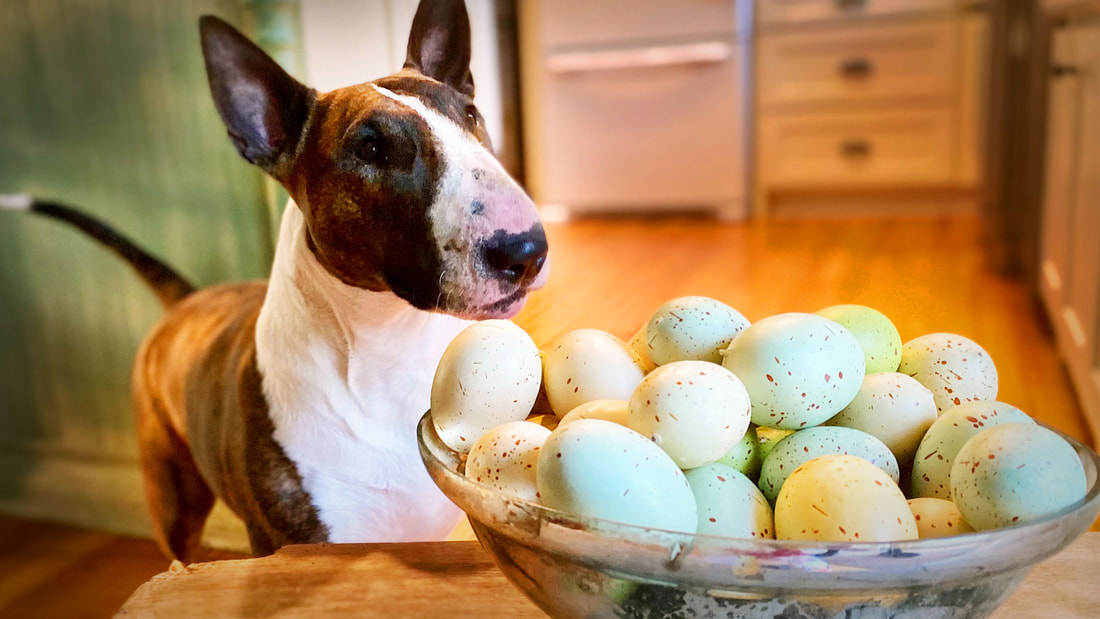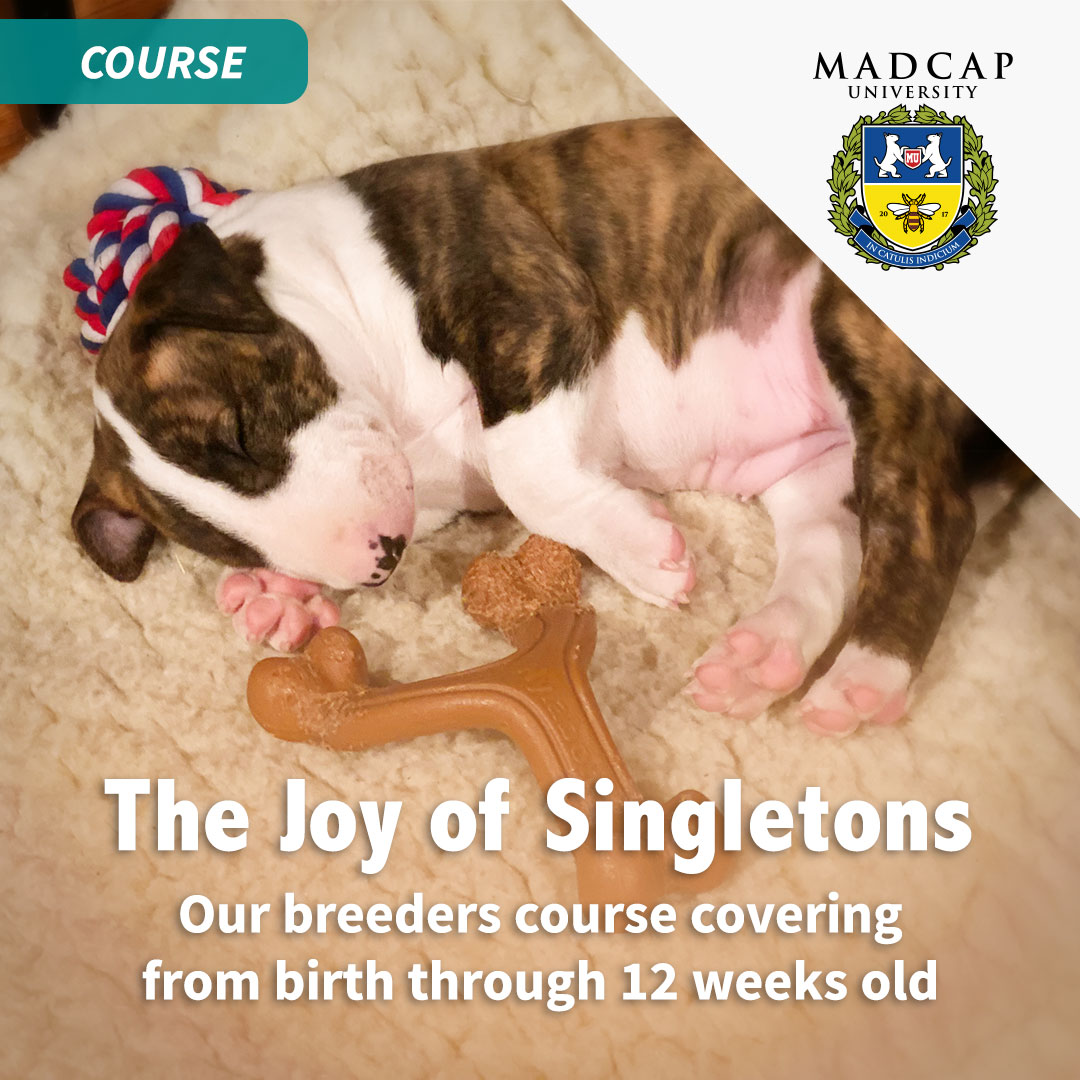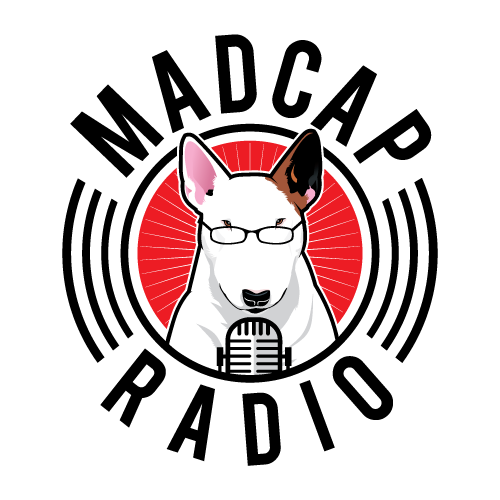|
Are some cases of mastitis preventable with small tweaks in our Dams’ diets?
In this episode, Jane is joined by Magda Chiarella to review dietary supplements and food sources that can help prevent mastitis in lactating Dams. Although sunflower lecithin is often recommended, sunflower lecithin has some potentially serious side effects and there are many far superior dietary sources of the active ingredient in sunflower lecithin, which is choline – phosphatidylcholine, to be exact.
Referenced Courses and Titles
Further reading and citations to the referenced studies and findings
Puppy Culture's Mother's Pudding Recipe Card - Available from shoppuppyculture.com
Making Mother's Pudding from scratch.
Choline Fact Sheet for Health Professionals - National Institutes of Health
Summary of food sources of choline.
Breastfeeding and Diseases: A Reference Guide - Available from Amazon.com
Stephen E. Buescher M.D
What Are Plugged Ducts? - foxvalleyobgyn.com
Offers this explanation of why Lecithin might help with clogged ducts: You may also see lecithin as an additive to many common foods like chocolate, salad dressing, and baked goods. It is a substance that helps keep fats and oils suspension (an emulsifier). Lecithin is a phospholipid, which has both hydrophobic (affinity for fats and oils) and hydrophilic (affinity for water) elements. It’s thought to help prevent the breast ducts from getting plugged by increasing the polyunsaturated fatty acids in the milk and decreasing its stickiness.
Egg vs. Soy Lecithin - Ecovatec Solutions Inc.
The relative power of egg vs soy (not sunflower) lecithin. Sunflower lecithin has even less PC than soy…only about 10%: While soy lecithin does contain many of the same properties of egg yolk lecithin, its chemical profile and makeup are vastly different. It is generally agreed that the PL that is of the most benefit for humans is phosphatidylcholine (PC). PC is used by the body to make and repair cell membranes. It is also used to make the neurotransmitter acetylcholine, which is used by the brain to control movement and is vital for maintaining memory. PC has been shown to help stave off dementia, prevent liver failure, and help brain development.4 Soy lecithin contains roughly 33% PC. Egg yolk lecithin, on the other hand, is made up of 66-76% PC (see Table 1: below). Using soy lecithin to improve your health is like bringing a Chihuahua to a Greyhound race. They both may be dogs, but one is going to outperform the other, hands-down.
Natural Choline from Egg Yolk Phospholipids is More Efficiently Absorbed Compared with Choline Bitartrate; Outcomes of a Randomized Trial in Healthy Adults
- National Library of Medicine Lotte Smolders, Nicole J.W. de Wit, Michiel G.J. Balvers, Rima Obeid, Marc M.M. Vissers, and Diederik Esser
Characterization of Specific Egg Yolk Immunoglobulin (IgY) Against Mastitis-Causing Staphylococcus Aureus
- National Library of Medicine Y-H Zhen, L-J Jin, J Guo, X-Y Li, Z Li, R Fang and Y-P Xu In vivo use of egg yolk to kill the common pathogens known to cause mastitis in cows.
Effect of Including Herbal Choline in the Diet of a Dairy Herd; a Multiyear Evaluation
- Emirates Journal of Food and Agriculture Alfredo Gutiérrez R., Alfredo Gutiérrez, Carlos Sánchez, Germán D. Mendoza Bovine study that showed a positive correlation between adding choline and reduction in incidence of mastitis.
Effects of Feeding Rumen-Protected Choline on Incidence of Diseases and Reproduction of Dairy Cows
- The Veterinary Journal, ScienceDirect F.S. Lima, M.F. Sá Filho, L.F. Greco, J.E.P. Santos
The Role of Micronutrients in High-Yielding Dairy Ruminants: Choline and Vitamin E
- vetjournal.ankara.edu.tr Luciano Pinotti, Michele Manoni, Francesca Fumagalli, Nicoletta Rovere, Marco Tretola, Antonella Baldi
A Meta-Analysis on the Impact of the Supplementation of Rumen-Protected Choline on the Metabolic Health and Performance of Dairy Cattle
- MDPI (Multidisciplinary Digital Publishing Institute) Elke Humer, Geert Bruggeman and Qendrim Zebeli This is the “Humer study” referenced in the citation above this one and what it actually says: 3.4. Effect of Rumen-Protected Choline on Postpartal Disorders
2020 Meta-Analysis of Bovine Studies Regarding Choline Supplementation - Science Direct
U. Arshad, M.G. Zenobi, C.R. Staples, J.E.P. Santos Lima et al. (2012) observed that supplementing 12.9 g of choline ion reduced the incidence of retained placenta in nulliparous cows and that of mastitis in all cows. The exact mechanism by which choline might reduce these 2 diseases is unclear; however, supplementation of choline has been shown to have anti-inflammatory effects by reducing plasma concentrations of pro-inflammatory cytokines (Sun et al., 2016), but also improved measures of immune function in transition cows (Vailati-Riboni et al., 2017). It is possible that supplementation with choline attenuated the dysregulated pro-inflammatory responses typically associated with the initiation of lactation in dairy cows. Therefore, supplementation of choline might benefit and provide a more coordinated innate immune response against the fetal placental tissues after the calving process. Also, improved innate immune defenses might reduce the risk of mastitis in early lactation. Furthermore, Zenobi et al. (2018a) observed that cows supplemented with choline had greater concentration of total Ca in plasma in the first 7 DIM, and both Bollatti et al. (2018) and Zenobi et al. (2018a) observed a reduced risk of subclinical hypocalcemia with choline supplementation. Subclinical hypocalcemia suppresses innate immune response (Martinez et al., 2014), and improving Ca homeostasis around parturition has been shown to reduce the risk of retained placenta and metritis in dairy cows (Santos et al., 2019).
Lecithin Content of Egg Yolk
- MadSci Network
Bioavailability of Egg Choline vs Choline Salts
- National Library of Medicine Lotte Smolders, Nicole J.W. de Wit, Michiel G.J. Balvers, Rima Obeid, Marc M.M. Vissers and Diederik Esser
Cosmetic Use of Choline as an Alternative to Liposuction
- National Library of Medicine Mohan K. Thomas, James A. D’Silva, and Ateesh J. Borole
1 Comment
Christina Rozema
5/13/2023 12:29:41 pm
This episode was eye opening! I am so glad you posted it. I have had good results with my bitches on Mothers' pudding and now know why!
Reply
Your comment will be posted after it is approved.
Leave a Reply. |
AuthorJane Messineo Lindquist (Killion) is the director of "Puppy Culture the Powerful First Twelve Weeks That Can Shape Your Puppies' Future" as well as the author of "When Pigs Fly: Training Success With Impossible Dogs" and founder of Madcap University. Archives
May 2023
Categories |










